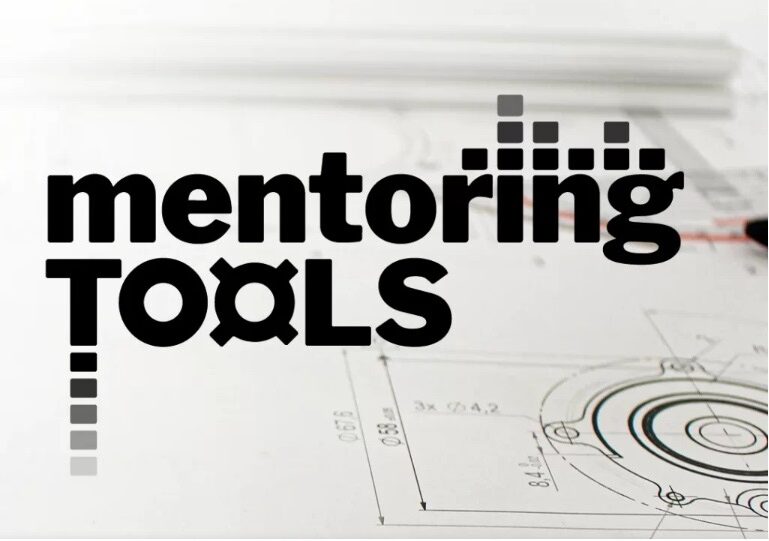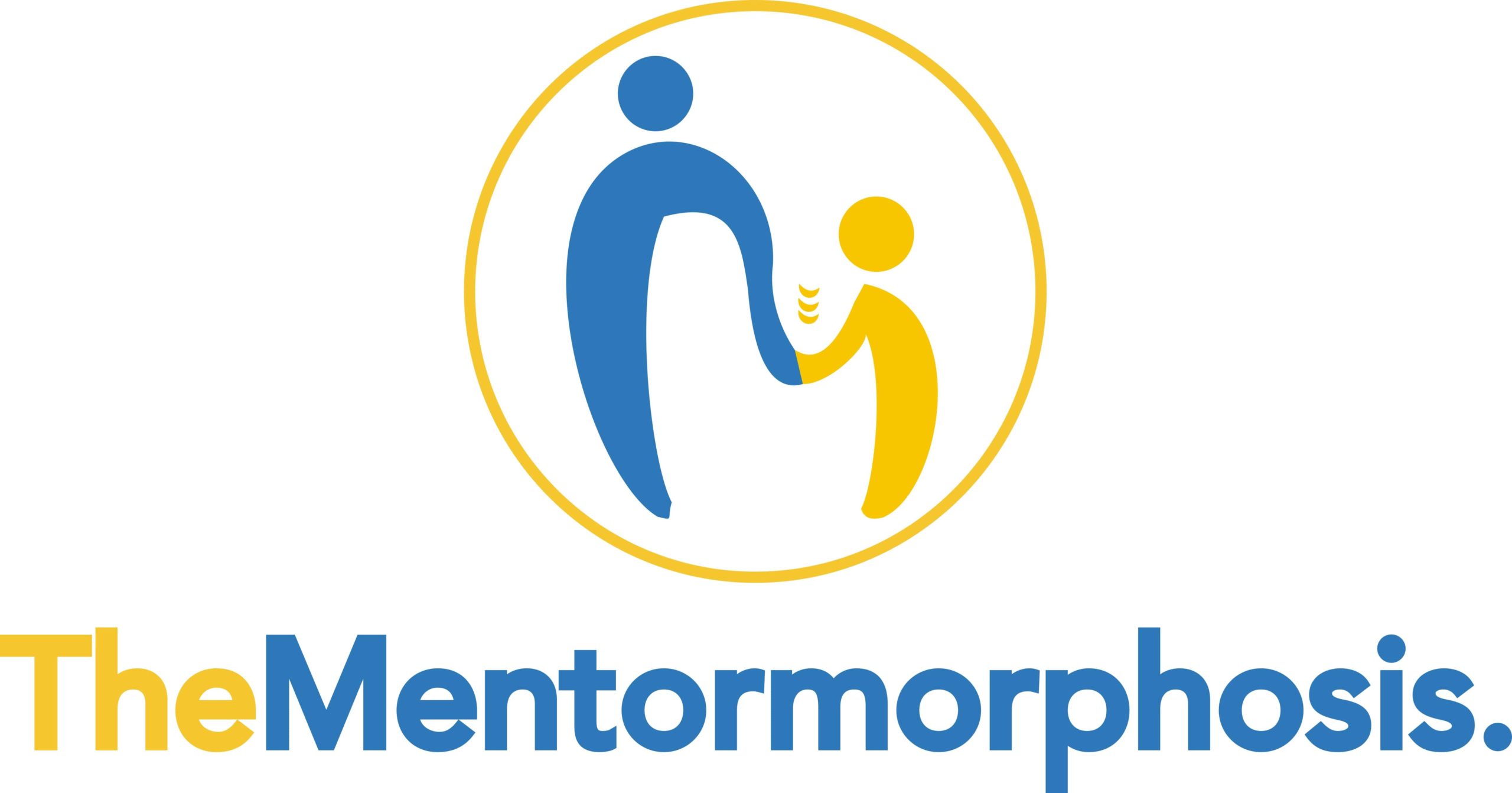USEFUL TOOLS IN MENTORING

What would you think of a farmer who goes to the farm without his farming tools? Or a carpenter who does not have the pieces of equipment he needs to work? You would not take them seriously, right? I would not take them seriously either. For every job, profession, task, or assignment, there are specific tools and equipment you need to be successful. Mentoring is no different.
The blacksmith stands at his forge to make a sharp tool, pounding and shaping it with all his might.
Isiah 44:12
Mentors have to be equipped to diagnose developmental needs, collaboratively set goals, determine assignments or activities to promote learning, handle difficult conversations, and challenge mentees beyond their perspective.
You have taken the most significant step by choosing to be a mentor. The next big step is to gather the tools you would need to be a great mentor. It would be disastrous to appear unprepared or unsure of yourself to your mentee, which is why we have brought you these tools that would be useful to you in mentoring.
Do a SWOT assessment. SWOT stands for Strengths, Weaknesses, Opportunities and Threats. By identifying these areas, you are prepared on how to direct them. You can help them maximize their best features and develop the ones that need work. Identifying their potential opportunities and threats will also give you a foresight and empower you to make plans.
Goal setting. Remember at the core of mentorship is helping your mentee set and achieve goal. Have you ever heard the word SMART? It is a handy tool for setting goals. It is an acronym for Specific, Measurable, Achievable, Realistic and Time-sensitive. It is important that you help your mentee set goals that are SMART. This way, the goals are easier to measure and achieve.
Good conversational skills. As mundane as this sounds, it is vital to the growth of your mentoring relationship. You would need to have a lot of conversation; knowing how to start and continue a conversation will be useful for you.
Feedback. Encouraging feedback for both you and your mentor will help you develop yourself. Your mentor is at ease, knowing they can also have an input.
Scheduling. You and your mentee lead busy lives, creating a schedule will help you organize your meetings and avoid any clash between your sessions and other activities you might be involved in.
Maximize technology. As much as you would like to go the ‘old school’ way of having physical meetings from time to time, taking advantage of technology could be a great help. There would be times when you won’t be able to meet physically with your mentee, that should not mean cancellation. Some various apps and platforms offer video conferencing and texting features. Some of them are Zoom, Slack, Skype, Evernote and so on.
These tools will make the mentoring process a smooth one for you and your mentee.
Have you tried any of these tools?

0 Comments